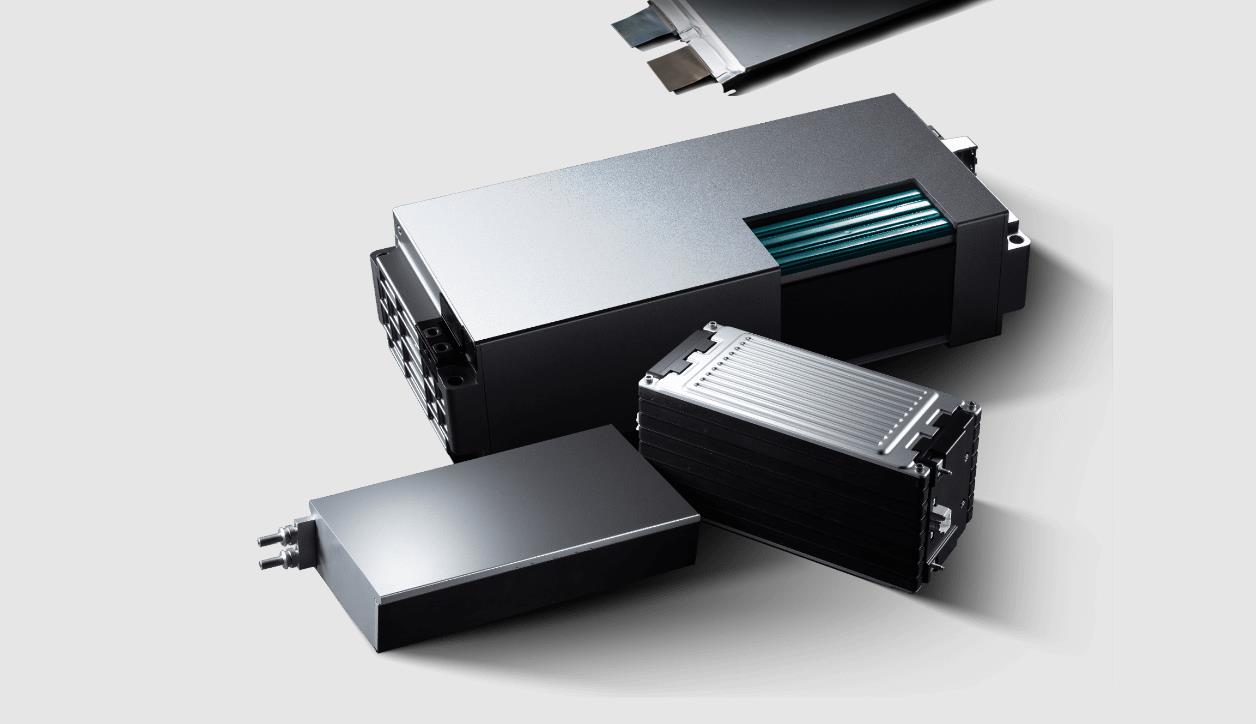According to informed sources, South Korean battery manufacturer LG Energy Solution (LGES) has signed a $4.3 billion agreement with Tesla to supply batteries for energy storage systems. Tesla is seeking to reduce its reliance on battery products imported from China due to U.S. tariff policies. The batteries supplied by LGES will be lithium iron phosphate (LFP) batteries, which will be produced at LGES's factory in Michigan, USA. On July 30, LGES also announced it had signed a $4.3 billion contract to supply LFP batteries to a client over three years but did not disclose the client's identity or specify whether these LFP batteries would be used for vehicles or energy storage systems. In response to the reports, LGES told Reuters, "Due to confidentiality obligations, we cannot disclose the client's identity based on our agreement." Tesla did not immediately respond to a request for comment. LGES stated that the contract will last from August 2027 to July 2030, with options to extend the collaboration period for up to seven years and increase supply based on subsequent negotiations. Last week, LGES mentioned that due to a surge in electricity demand from data centers for training artificial intelligence worldwide, it plans to offset the impact of weak demand for electric vehicle batteries by increasing sales of energy storage batteries. Tesla's CFO Vaibhav Taneja noted in April that U.S. tariff policies have had an "unexpected" impact on Tesla's energy business, as the company's LFP batteries primarily rely on imports from China. He stated, "We are actively expanding our supply chain channels outside of China, but this takes time." LGES is one of the few LFP battery manufacturers in the U.S. market, which has long been dominated by Chinese competitors. Due to policies and tariff reasons, Chinese LFP battery companies have had little influence in the U.S. market. LGES began producing LFP batteries at its Michigan plant in May this year. The company indicated at that time that it was considering converting some of its electric vehicle battery production lines in the U.S. to produce energy storage system batteries in response to the slowdown in electric vehicle demand. Senior analyst Cho Hyun-ryul from Samsung Securities stated, "Other battery companies, including Samsung SDI and SK On, have not yet entered the U.S. LFP battery market, giving LGES a first-mover advantage. Although competitors have announced related plans, LGES is currently the only company in the U.S. market to achieve large-scale mass production of LFP batteries." Data shows that Tesla's energy and power generation business accounts for just over 10% of its revenue, but it has been a highlight for the company amidst slowing vehicle sales and the impending end of U.S. government subsidies for electric vehicles. Tesla CEO Elon Musk stated in the company's earnings call last week, "Despite facing tariff barriers and multiple supply chain challenges, Tesla's energy business continues to maintain strong growth momentum. I believe the current market severely underestimates the huge scale of demand for energy storage batteries." Tesla announced that its first self-built LFP battery production facility in Nevada will begin operations within the year, but the plant's capacity will only cover a small portion of its needs. This week, Tesla also announced a $16.5 billion agreement to purchase chips from Samsung Electronics' plant in Texas. Notably, the South Korean government stated on July 30 that three South Korean cabinet officials met with U.S. Commerce Secretary Howard Lutnick in Washington, aiming to reach a trade agreement before the August 1 deadline for a 25% tariff on imports from South Korea.
LG Energy Solution Signs $4.3 Billion Battery Supply Agreement with Tesla

Share this post on: